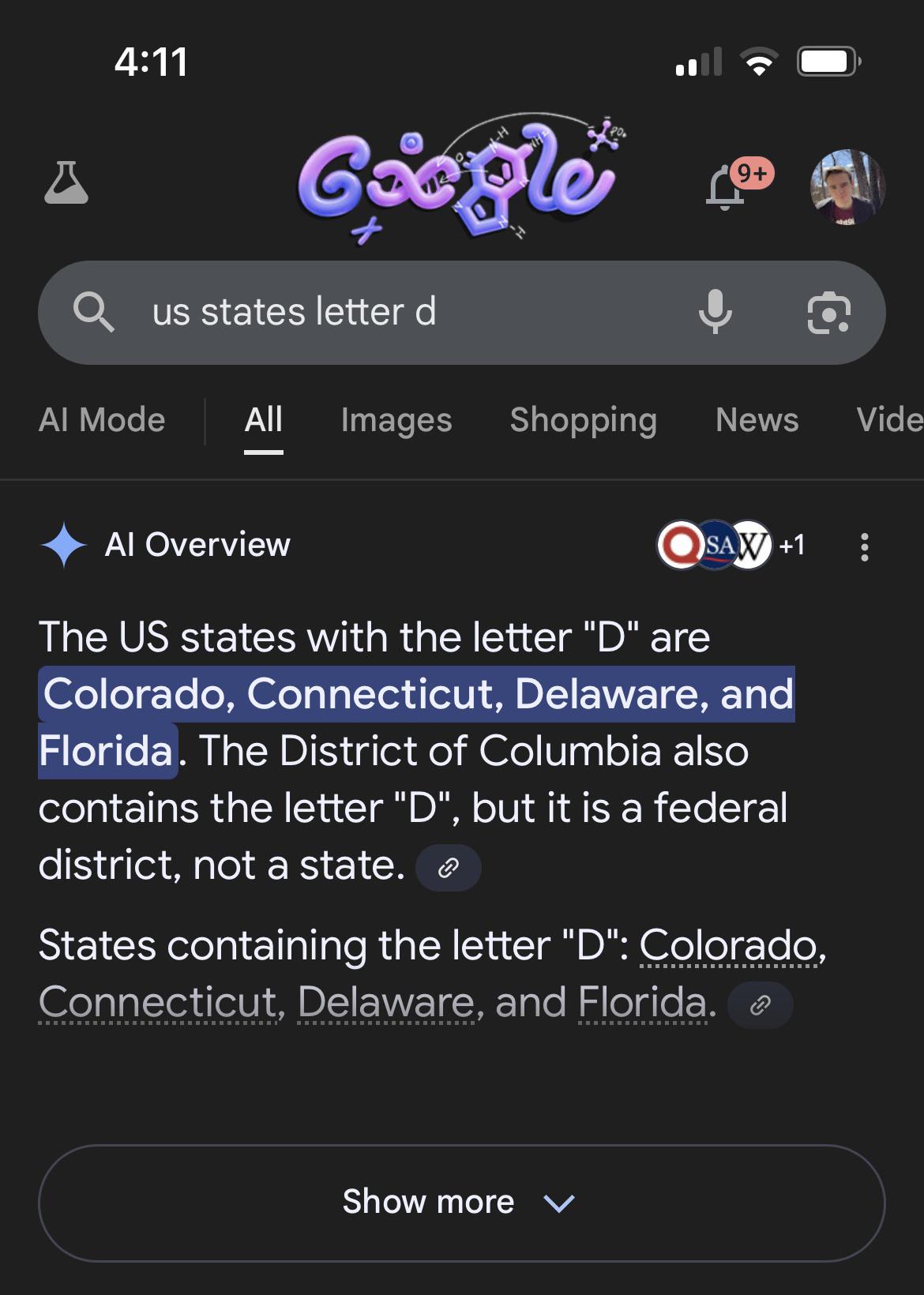Compose multiplatform https://www.jetbrains.com/compose-multiplatform/
Vittelius
- ubuntu touch UI framework / suru: qt 5 based, so slightly outdated underpinnings, but still actively maintained https://docs.ubports.com/en/latest/humanguide/index.html
- flutter: developed by google as a cross platform framework, tied to the dart programming language. https://flutter.dev/
- Canonical has created custom widgets for flutter, if you don't like material design: https://pub.dev/packages?q=ubuntu
- uno.platform: C# framework for cross platform apps. https://platform.uno/
They don't choose the platform, the platforms choose them. Under EU regulation WhatsApp as a "gatekeeper" has to give access to any other platform operating in the EU if they request it. Three a, Signal and co simply aren't interested.
You could also use dedicated hardware to store your keys. Any FIDO USB key will do. I have a Yubikey that cost me less than 30 bucks.
It's really handy, because I frequently use someone else's device for work. All I have to do is plug it in, press the button on the key and enter the master password for the passkey storage. It's like having a password manager on a USB stick.
And they can be hardware based as well. I have a cheap Yubikey USB dongle, which works as a passkey vault as well. Completely OS independent.
Because its not. OP made a post on Mastodon and crossposted it to Lemmy by @ing the community. I'm not sure this wasn't by accident
Or if you live in the EU you can just install the "PAL" version which works without a PC connection.
And if you don't have an unique public IP address, for example because you are behind CGNAT, you can use Pangolin. It tunnels all traffic from your homelab to a VPS via Wireguard and exposes your services via a Traefik reverse proxy. Pangolin also automates the Traefik setup and provides a webui to configure the individual proxies.
For a VPS I recommended ionos, because they offer servers with unlimited traffic starting at only 1€ per month with server locations in both Europe and the US.
I think the main problem is, that it solves a problem, that shouldn't exist in the first place. If OEMs would build (and ideally also upstream) proper drivers, then we wouldn't need a translation layer
And one of the other investors is Jared Kushner
/e is Android. So the App is also for /e, the blogpost just didn't mention it

Partially. Servo is the engine that was to replace the one in Firefox. But then mozilla abandoned the project. Since both projects where developed under the same roof, some features where backported into gecko (the engine Firefox actually uses)
But most of the code in Servo doesn't show up in FF